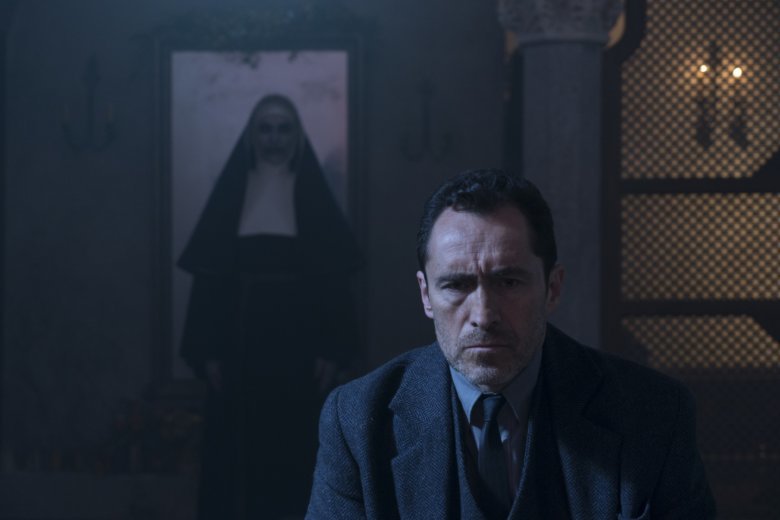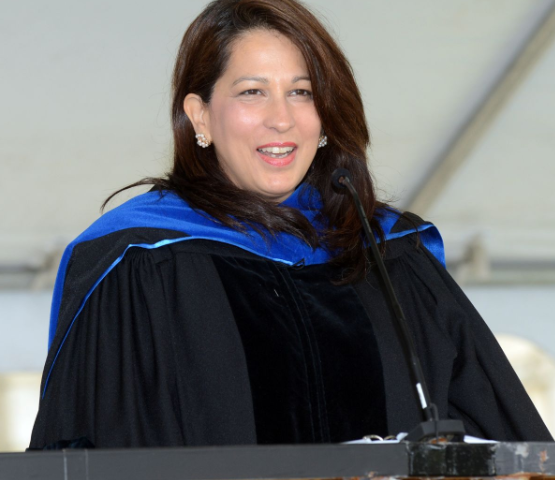“Bridge of Spies,” a film directed by Steven Spielberg, stays away from the darkness of the Cold War era and shows stooping to an enemy’s level betrays what it means to be American.
Though this film is slightly weighed down with nostalgia, it still is entertaining. The film, based on a true story, begins in 1955, the height of Cold War hysteria between the United States and the Soviet Union.
It starts off in the apartment of Rudolf Abel, played by Mark Rylance, a balding 50-year-old man with a permanent frown on his face. Abel lives alone, is a skilled painter and a Soviet spy.
Abel receives a covert message left under a park bench, but does not know CIA operatives are following him. They follow him home, break down his door and arrest him.
After the CIA fails to get him to talk, he is sent to trial and potentially faces the death penalty if found guilty.
James Donovan, played by Tom Hanks, is selected to be his defense attorney. A clever insurance lawyer, Donovan seeks to give Abel a dignified trial despite pressure from his peers and the public to do otherwise.
He is able to spare Abel from the electric chair, but garners the hatred of Americans, which results in a drive-by shooting at his house.
After the trial, an American pilot and a Yale student are captured by Soviet officials. Donovan is sent to East Berlin where he negotiates a prisoner exchange between Abel and these Americans.
The set design is what makes this film remarkable. The meticulous detail of every scene, from the dilapidated East Berlin to the old style flash light bulbs that scatter the ground, adds a wonderful sense of realism to the film.
Tom Hanks and Mark Rylance do wonderful jobs playing the extraordinary characters.
Hanks does his best in playing a character so lovable, yet able to rise above using his only weapon of morality and willpower.
Rylance plays his character with barely any facial expressions, besides the movement of his eyebrows and a constant frown. His character is familiar, yet enigmatic.
The relationship these characters form resonates well as both are men of integrity. The difference is their willingness to concede to hope.
The directing and writing in this film is cheesy, but the right kind of cheese. The shots are all perfectly crafted. The writing at times is overly sentimental, which affects the film from adding levels of complexity.
All in all, the film is still able to evoke a real emotion, excite with dramatic chases and provoke thought with clever dialogue.
This film, though not a complex masterpiece, uses its heart to cut through the emotion. For Americans, “Bridge of Spies” teaches them not to lose their code of morals amid hysteria, which Donovan points out in the film.
“We are defined by the rulebook based on civil liberties; though this is our weakness, it is also our greatest strength.” Donovan said.














